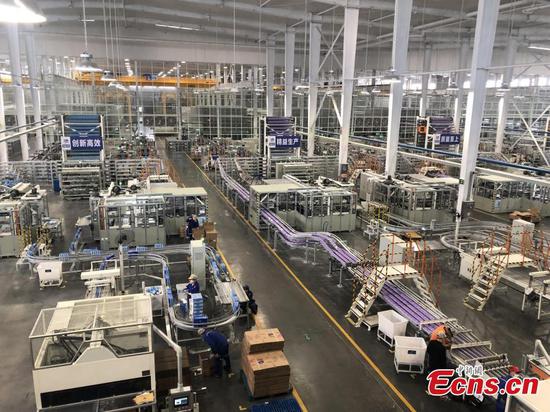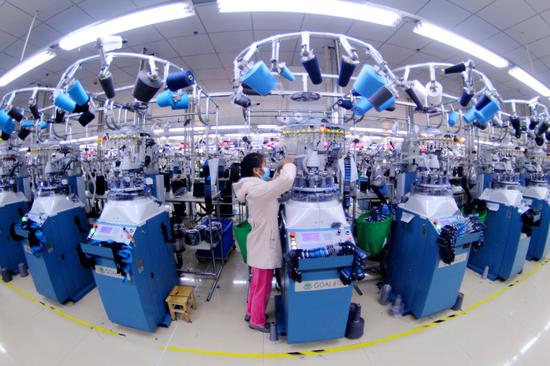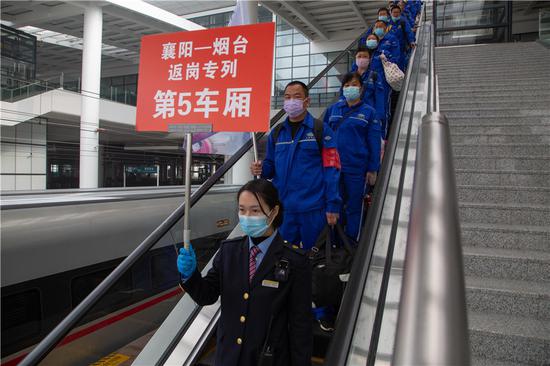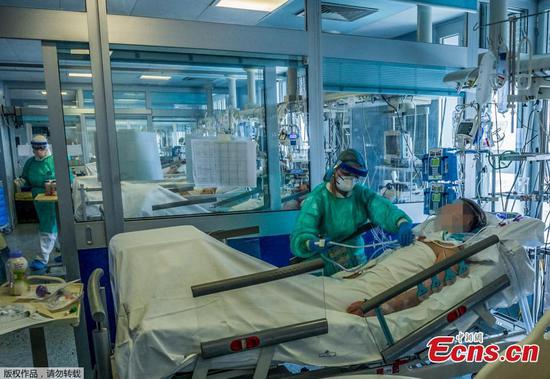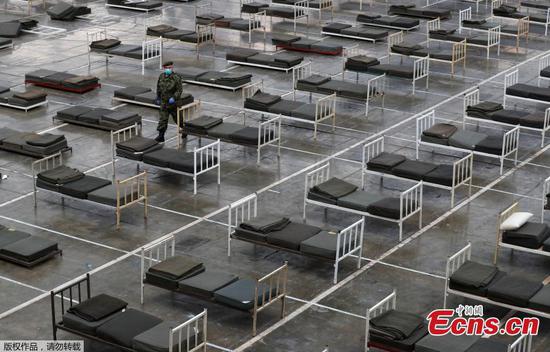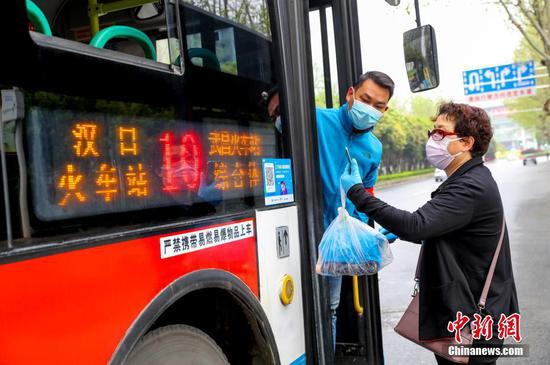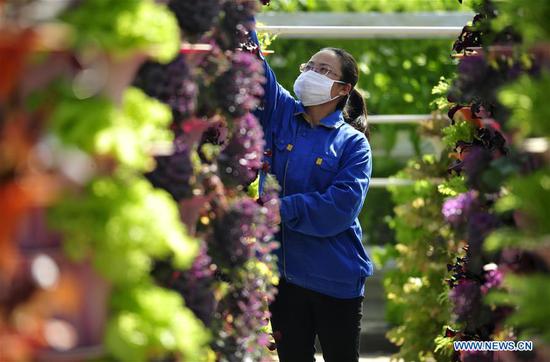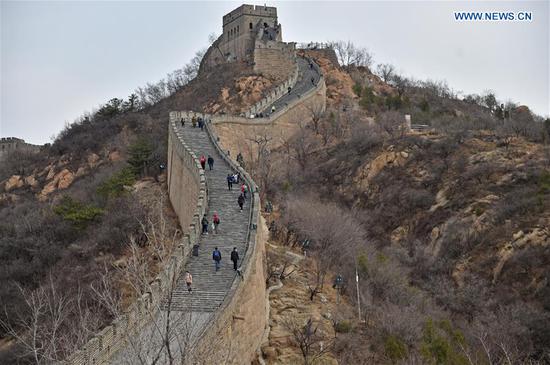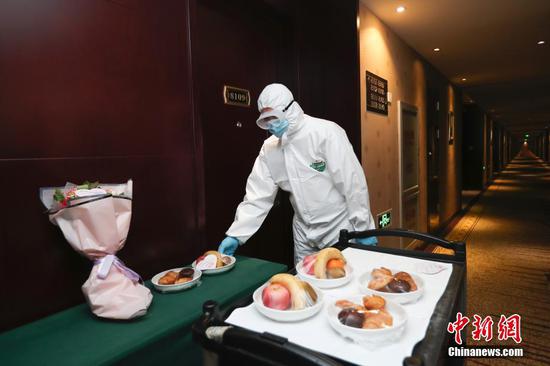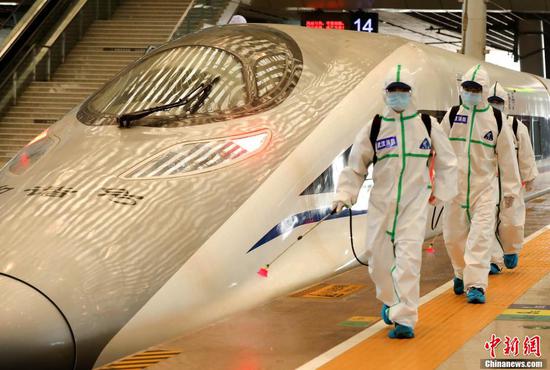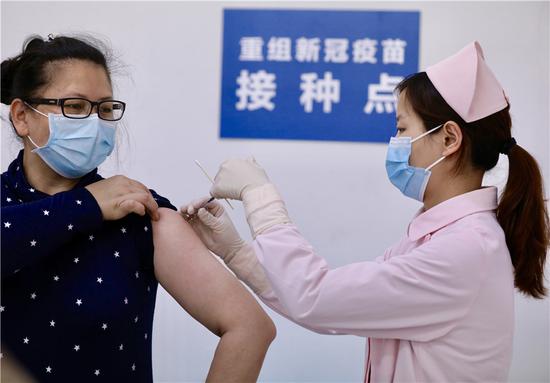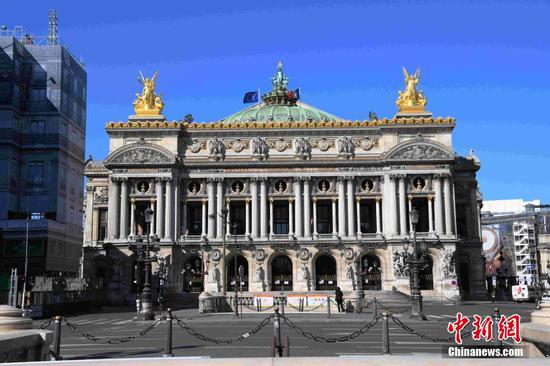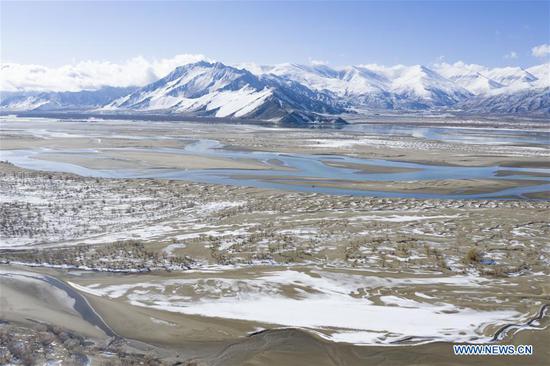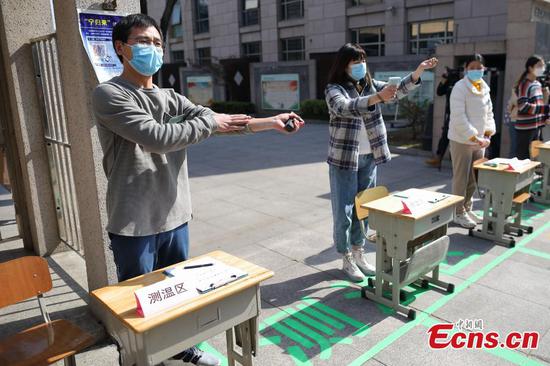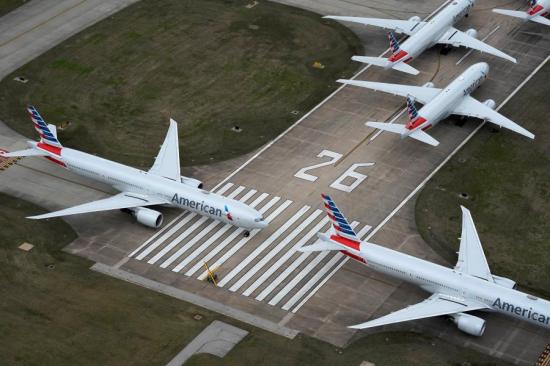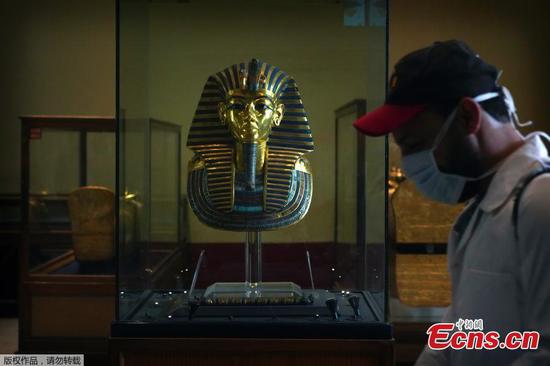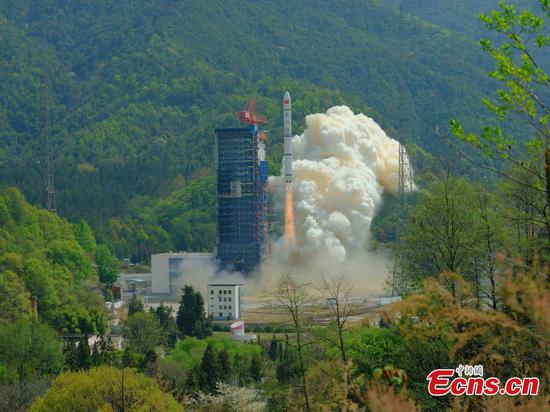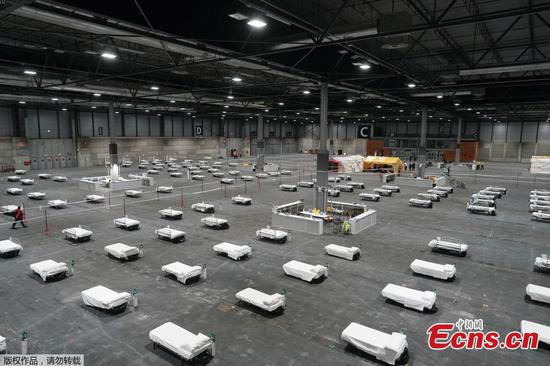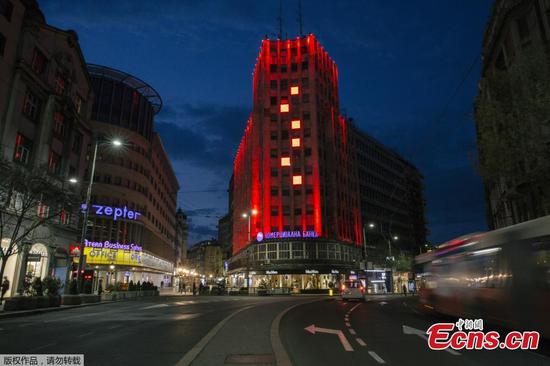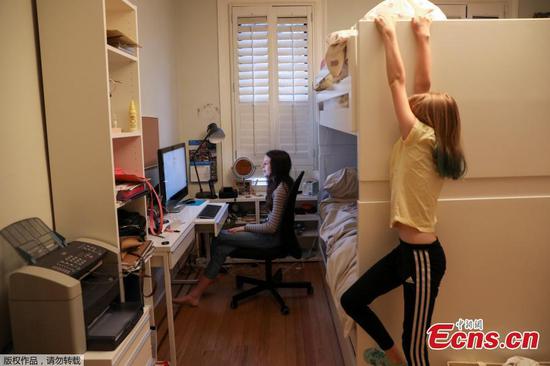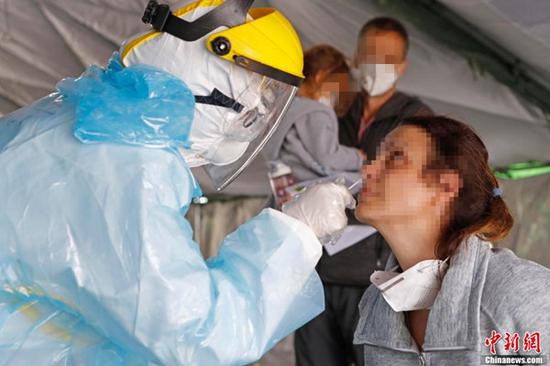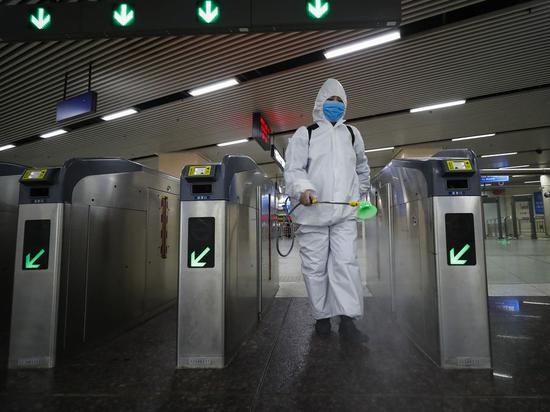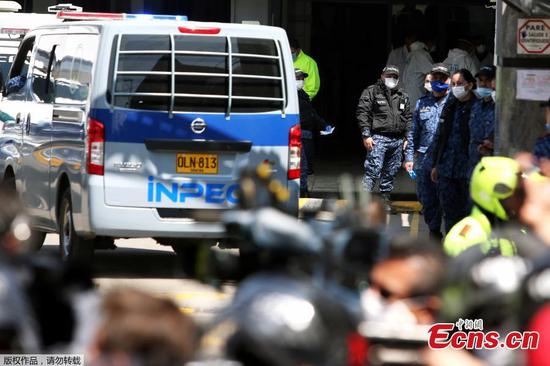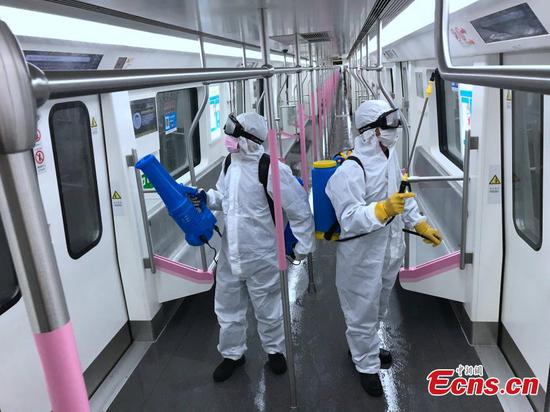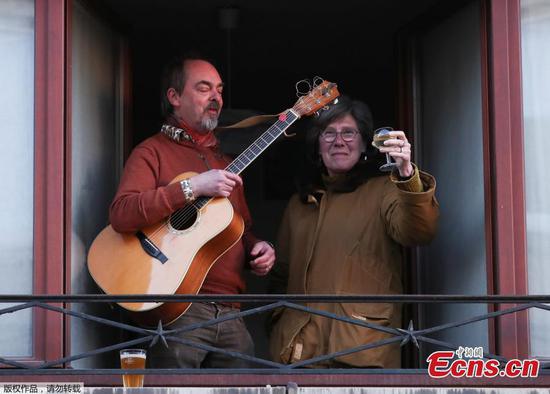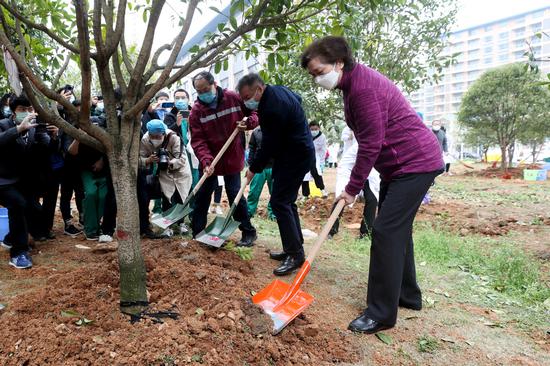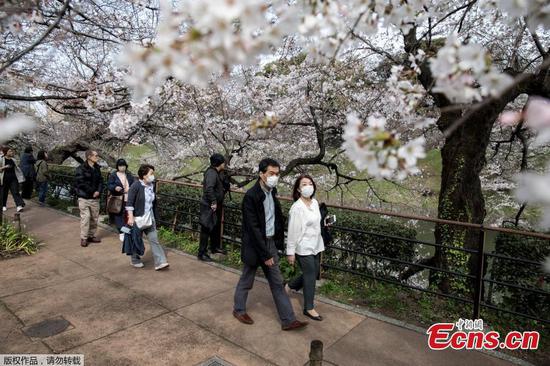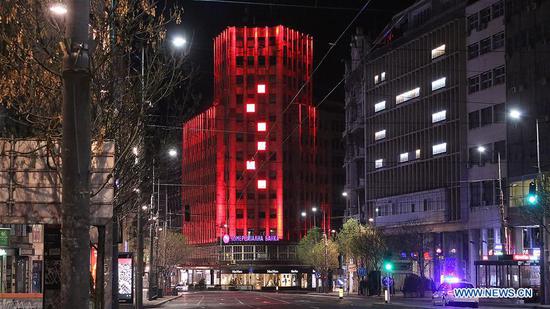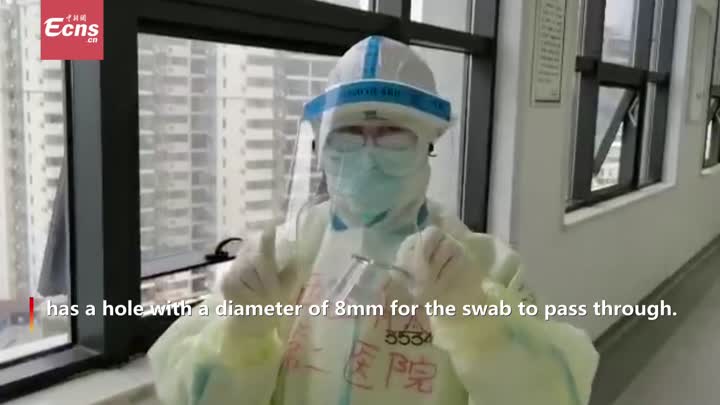UN Secretary-General Antonio Guterres on Wednesday launched a 2-billion-U.S. dollar global humanitarian response plan to fight COVID-19 in some of the world's most vulnerable countries.
"COVID-19 is menacing the whole of humanity, and so the whole of humanity must fight back. Individual country responses are not going to be enough," said Guterres at the launch, a virtual event.
"We must come to the aid of the ultra-vulnerable -- millions upon millions of people who are least able to protect themselves. This is a matter of basic human solidarity. It is also crucial for combating the virus. This is the moment to step up for the vulnerable."
The response plan will be implemented by UN agencies, with international nongovernmental organizations (NGOs) and NGO consortia playing a direct role in the response, said Mark Lowcock, the UN undersecretary-general for humanitarian affairs.
The plan will be coordinated by the UN Office for the Coordination of Humanitarian Affairs, which Lowcock heads.
The plan will deliver essential laboratory equipment to test for the virus, and medical supplies to treat people; install handwashing stations in camps and settlements; launch public information campaigns on prevention; and establish airbridges and hubs across Africa, Asia and Latin America to move humanitarian workers and supplies to where they are needed most, said Lowcock.
World Health Organization (WHO) Director-General Tedros Adhanom Ghebreyesus and UN Children's Fund Executive Director Henrietta Fore also joined Wednesday's launch via video teleconference.
The COVID-19 global humanitarian response plan brings together requirements from the WHO, the Food and Agriculture Organization, the International Organization for Migration, the UN Development Programme, the UN Population Fund, UN-Habitat, the UN Refugee Agency, UNICEF and the World Food Programme.









